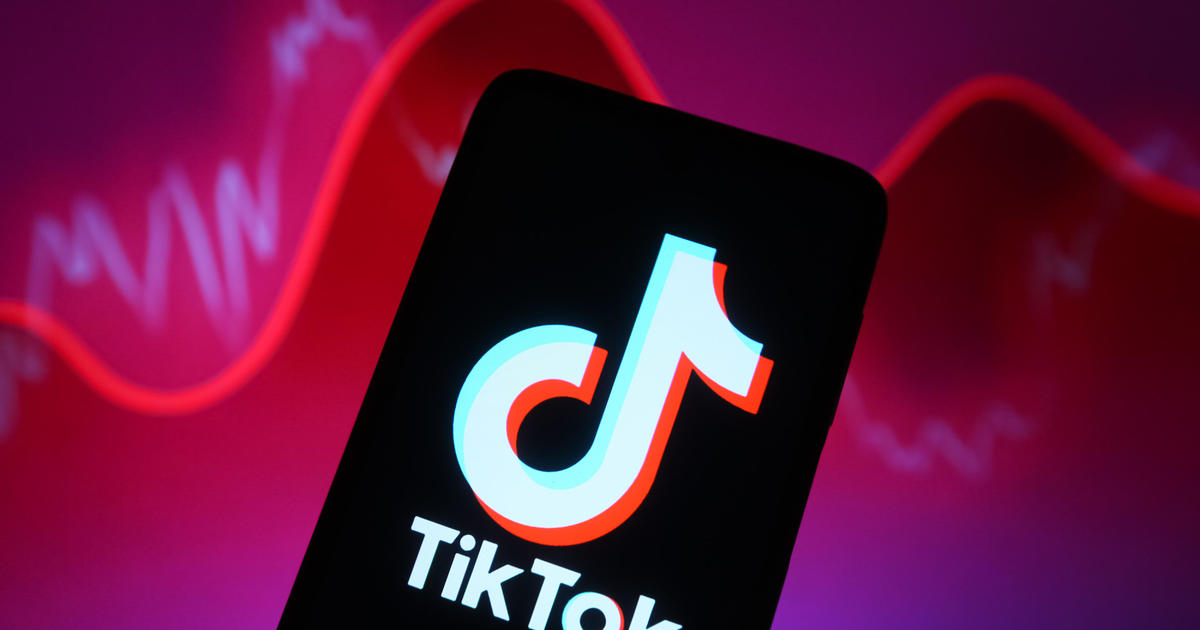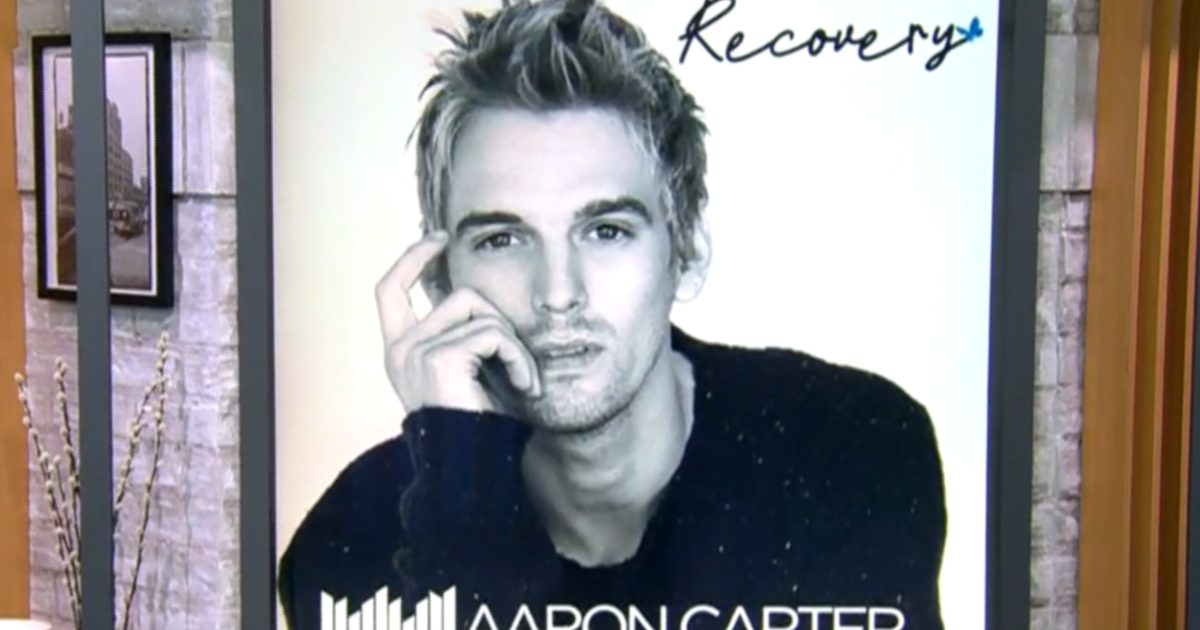Facebook, YouTube, TikTok among tech giants sued by Seattle schools for allegedly contributing to youth mental health crisis
The largest school district in Washington state is suing several major social media companies for creating apps that it says exploit children and contribute to a "youth mental health crisis." Seattle Public Schools filed a lawsuit against Facebook, Instagram and their parent company Meta as well as Snapchat, TikTok, YouTube and others for their roles in the allegations.
The lawsuit, filed in U.S. District Court for the Western District of Washington on Friday, alleges that the rapid growth platforms such as Facebook, Instagram, Snapchat and TikTok have seen is a result of designs and operations that "exploit the psychology and neurophysiology of their users."
"Defendants have successfully exploited the vulnerable brains of youth, hooking tens of millions of students across the country into positive feedback loops of excessive use and abuse of Defendants' social media platforms," the complaint says, adding that their "misconduct has been a substantial factor in causing a youth mental health crisis."
In statements to CBS News, companies defended their practices and said teen safety and well-being were important.
As stated in its complaint, the school district claims that it has seen a 30% increase from 2009 to 2019 of students who said they feel "so sad or hopeless almost every day for two weeks or more in a row that [they] stopped doing some usual activities." During that same period, there was also a nationwide increase in students experiencing persistent feelings of sadness and who seriously considered, planned for and attempted suicide, according to the Centers for Disease Control and Prevention.
These issues have only increased since the onset of the coronavirus pandemic in 2020, with the U.S. surgeon general reporting last year that depressive and anxiety symptoms doubled among youth worldwide since the pandemic began.
And social media has only added to the problem.
A 2022 study by the Pew Research Center found that 97% of surveyed teens use the internet daily, with 35% saying they are on at least one social media platform – YouTube, TikTok, Snapchat, Instagram or Facebook – "almost constantly." But that rampant use has been linked to mental health problems, with one study published in the Canadian Medical Association Journal in 2020 finding that girls who use more than two hours of social media a day may experience higher rates of depression and suicidal thoughts.
"This mental health crisis is no accident," the Seattle district's lawsuit against the companies says. "It is the result of the Defendants' deliberate choices and affirmative actions to design and market their social media platforms to attract youth."
The lawsuit claims this was made possible by companies creating designs that "promote excessive and problematic use" and manipulating the "biochemical reaction" within users' psychology. This claim was at least somewhat supported by an internal document from Meta made public last year that reveals the tech giant knew its photo and video sharing app Instagram was making 1 in 3 teenage girls feel worse about their bodies while also leading them to dangerous content, such as disordered eating.
In December, more than 1,200 families across the U.S. sued Meta as well as TikTok, Snapchat, YouTube and Roblox for allegedly knowing they were negatively impacting children.
In a statement posted on its website on Saturday, Seattle Public Schools said that its students have been "significantly impacted" by the rampant mental health issues seen among children and teens. The Seattle school district is the largest in the state, serving more than 55,000 students, and the district's superintendent, Brent Jones, said he hopes the lawsuit will be the "first step toward reversing this trend."
"It has become increasingly clear that many children are burdened by mental health challenges," Jones said. "Our students – and young people everywhere – face unprecedented, learning and life struggles that are amplified by the negative impacts of increased screen time, unfiltered content, and potentially addictive properties of social media."
Seattle Public Schools says that the impact that social media platforms are having on children, namely anxiety and depression, make children less likely to go to school, more likely to use substances and to "act out." The district said it has mental health services in place to help youths but that it believes schools and taxpayers should not have to foot the bill for a mental health crisis that it says social media companies created.
"Our first and greatest priority is the health and well-being of our students. Clearly, this includes the social and emotional harm that they suffer because of the negative impacts of social media," school board president Brandon Hersey said in a statement. "By taking aim at the social media companies, we are sending a clear message that it is time for them to prioritize the health of children over the revenues they make from advertising."
The lawsuit says that the companies' actions constitute a "public nuisance" under state law and is asking that they be held liable "for distributing material they know or should know is harmful or unlawful" through a trial by jury. They are also seeking financial compensation to "fund prevention education and treatment for excessive and problematic use of social media."
In a statement to CBS News, Meta's global head of safety Antigone Davis said "we want teens to be safe online."
"We've developed more than 30 tools to support teens and families, including supervision tools that let parents limit the amount of time their teens spend on Instagram, and age verification technology that helps teens have age-appropriate experiences," Davis said. "We automatically set teens' accounts to private when they join Instagram, and we send notifications encouraging them to take regular breaks. We don't allow content that promotes suicide, self-harm or eating disorders, and of the content we remove or take action on, we identify over 99% of it before it's reported to us. We'll continue to work closely with experts, policymakers and parents on these important issues."
A Snapchat spokesperson told CBS News that the company "can't comment on the specifics of active litigation" but that "nothing is more important to us than the wellbeing of our community."
"Snapchat was designed to help people communicate with their real friends, without some of the public pressure and social comparison features of traditional social media platforms, and intentionally makes it hard for strangers to contact young people," the company said. "We also work closely with many mental health organizations to provide in-app tools and resources for Snapchatters as part of our ongoing work to keep our community safe. We will continue working to make sure our platform is safe and to give Snapchatters dealing with mental health issues resources to help them deal with the challenges facing young people today."
A TikTok spokesperson also told CBS News the company can't comment on litigation but said it "prioritizes the safety and well-being of teens."
CBS News has also reached out to ByteDance and Google for comment.




